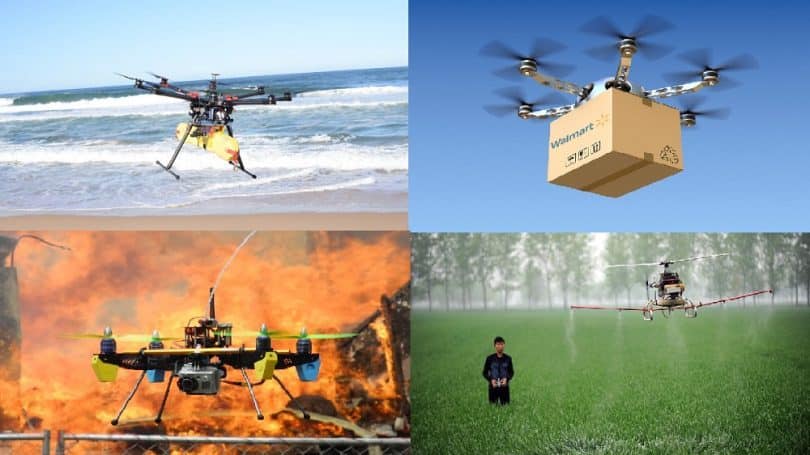

By A Special Correspondent
First publised on 2021-07-18 05:51:57
When there was a drone attack on the Air Force Station in Jammu last month, there was an apprehension that the Centre would change its policy for allowing drones for private and commercial use and make it stringent, thereby restricting use of unmanned aerial vehicles (UAV). Thankfully, the government has not taken that route. Recognizing the fact that any new and advancing technology will have both constructive and destructive use, the civil aviation ministry has released draft rules for use of drones that is liberal and is likely to enthuse those who wish to use drones in many normal and critical operations.
Drones can be used for many applications including photography, police surveillance, relief operations, farming, mining, delivery, research and more. As the technology advances, more and better benign applications will be added. If a blanket ban was placed on their use, some sectors would not have been able to benefit from advancing technology. The new policy does a good job of striking a balance between the security threat and benign use as it is neither anti-technology nor too pro-security.
The government has gone for single-window clearances while mandating that UAV's above a certain weight will require a unique ID that can be created on digital sky platform. Also, colour-coded zones have been created for the airspace and permission will be needed for certain heights and in specific areas. Other than that, the rules have been relaxed and small non-commercial drones will be free to fly without hassle. The policy is to apply countermeasures like real-time tracking beacons and geofencing.
To prevent the destructive use of drones, the response has to be multi-faceted. Since advanced drones can hit specific targets with precision, it will be necessary to protect critical assets across the country from drone strikes. While the Army and the Air Force are expected to invest in state of the art technology that neutralizes the threat from drones by putting in place equipment that detect, alert and neutralize the threat, other security agencies will take need-based measures. India is looking at both soft-kill and hard-kill systems.
Picture courtesy: mydronelab.com











